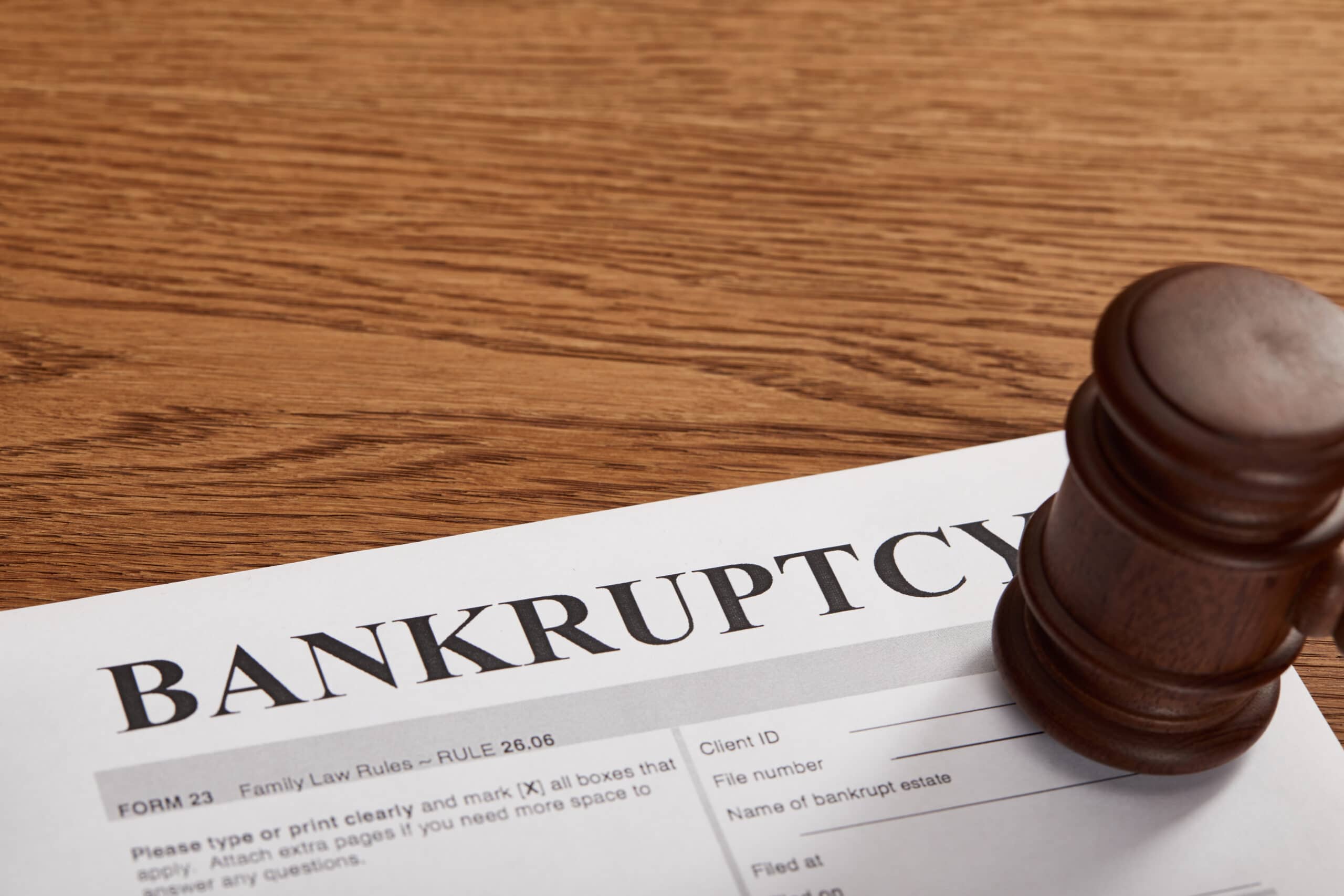If you have been in a car accident that was not your fault, and you…
How to File for Chapter 13 bankruptcy? – Guest Post

Dealing with a deep financial crisis can be tough and mentally exhausting for both you and your loved ones. Moreover, handling all the legal requirements by yourself can make your situation more complicated. Hiring services from a reliable and certified Chapter 13 Bankruptcy Lawyer can help you pay off your creditors and achieve effective results. If your bankruptcy case falls under chapter 13 bankruptcy then you have stumbled upon the right place.
In this article, we have covered some of the vital and prominent factors about Chapter 13 Bankruptcy Peoria IL that will assist you in understanding more about this law effectively and efficiently.
What is chapter 13 bankruptcy?
Chapter 13 bankruptcy is an ideal option for people who would like to settle their unpaid debts without liquidating all their assets. Under this process, you get an opportunity to save most of your assets with the help of an organizational plan that can last for up to three-five years. During this period you can make a monthly payment of a certain amount determined by the court of trustees to settle your dues. However, to get your case qualified for this program there are certain conditions and limitations that you must fulfill for the same.
How to get eligible for chapter 13 bankruptcy filing?
Along with the many advantages, the Chapter 13 Bankruptcy program comes with certain limitations. Not everyone can be eligible for filing bankruptcy under this program. Below we have listed some qualifications that will help you determine whether you are eligible for the Chapter 13 bankruptcy program or not.
- Debt limitations
Both secured and unsecured debts under this program have only a certain amount of limitations. In the case of secured debts, it is extremely important to continuously pay for mortgages such as housing or car loans to get eligible for the Chapter 13 bankruptcy program. Whereas in the case of unsecured debts, the court can waive off unsecured debts depending on your disposable income.
- Disposable income
Your disposable income plays one of the major roles in filing your bankruptcy under this process. To get eligible for the Chapter 13 bankruptcy process you must have a regular source of disposable income to continue your repayment plan during the settlement period. Disposable income generally means the part of your regular income that is left after paying your priority claims.
- Unincorporated business
Most larger businesses and enterprises are not eligible to file under Chapter 13 bankruptcy as this program is limited to small businesses and sole proprietors. If you are an unincorporated business then you might become eligible to file under Chapter 13 bankruptcy after fulfilling certain criteria.
How to file for chapter 13 bankruptcy?
Before filing for Chapter 13 bankruptcy you must make sure to find a reliable and reputable personal bankruptcy lawyer to represent you legally in court. Once you have hired a trustworthy attorney the process will begin by disclosing all your assets, financial situation, and the kinds of debts you owe to your creditors. The majority of the time your bankruptcy lawyer will assist and guide you throughout your case and fulfill all the legal requirements on your behalf.
These were some of the vital factors and information we believed you should be aware of before filing your case under Chapter 13 bankruptcy. We hope this article was helpful to you in many ways.

